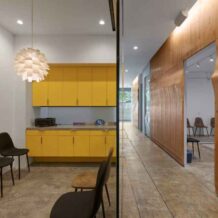The main triggers for anxiety are:
- Stressful life events (such as job loss or divorce)
- Traumatic experiences (such as witnessing a natural disaster)
- Medical conditions (such as an illness or injury)
- Use of certain substances (such as alcohol or caffeine)
- Withdrawal from certain substances (such as drugs or cigarettes)
If you’re not sure what’s causing your anxiety, it may be helpful to keep a journal and track your symptoms. This can help you identify patterns and triggers for your anxiety. Once you know what triggers your anxiety, you can start to develop coping mechanisms to deal with it.









